How to Choose the Right Law Firm in Vietnam
Choosing the right law firm in Vietnam can be a crucial decision, especially when dealing with complex legal matters such as marriage and divorce, commercial disputes, or property issues. Here’s a guide to help you select the most suitable law firm for your needs:
1. Assess Your Legal Needs
- Identify the Type of Legal Issue: Determine the specific legal areas you need help with, such as family law, business disputes, or real estate transactions. Law firms often specialize in particular fields, so knowing your needs will help narrow your search.
- Consider Complexity: Evaluate whether your case is straightforward or if it involves complex legal challenges requiring specialized knowledge.
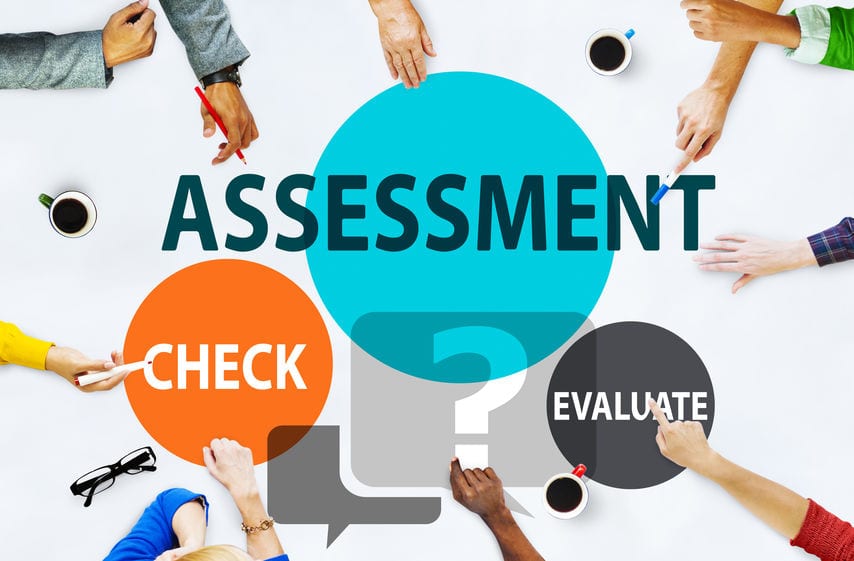
2. Research Potential Law Firms
- Online Presence: Start by researching law firms online. A professional website often indicates a well-established firm. Look for client testimonials, case studies, and information on their practice areas.
- Legal Directories: Utilize Thai legal directories and platforms like Martindale-Hubbell, Legal 500, or Chambers Asia to find reputable law firms and see peer reviews.
- Local Recommendations: Seek recommendations from friends, colleagues, or local business associations. Personal references can lead to credible and trustworthy firms.

3. Evaluate Firm’s Expertise and Experience
- Specialization: Ensure that the law firm has expertise in the relevant area of law. For instance, if you require family law assistance, the firm should have experience specifically dealing with marriage and divorce cases.
- Track Record: Inquire about the firm’s history and success rate in similar cases. A firm with a strong record in your specific legal matter can provide confidence in their capabilities.
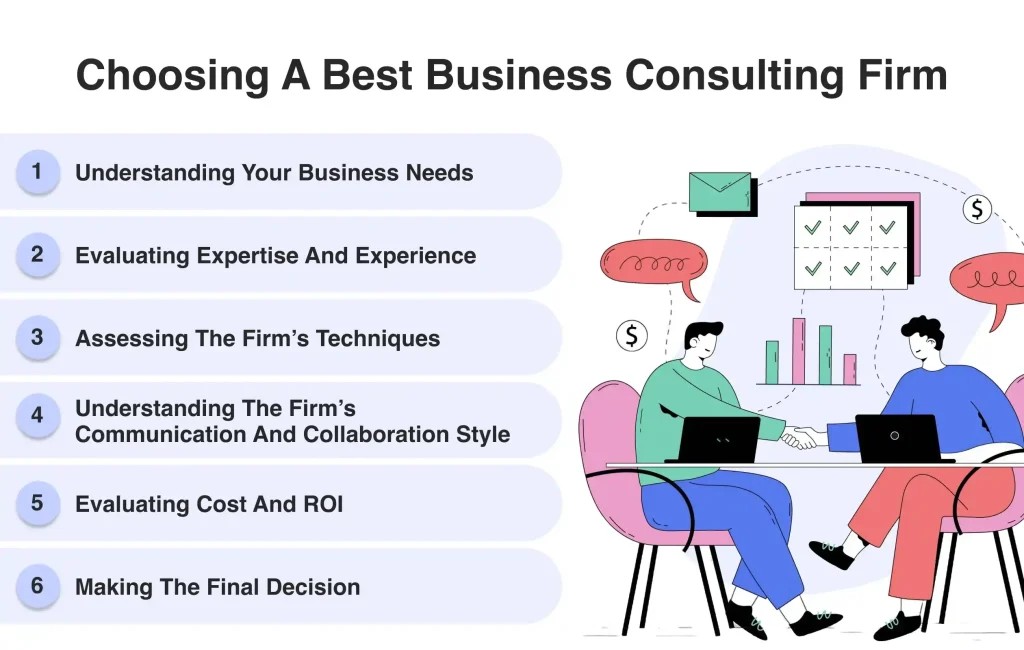
4. Consider the Firm’s Reputation
- Professional Associations: Check if the firm and its lawyers are members of relevant legal associations or bar councils in Vietnam, such as the Vietnam Bar Federation or the Ho Chi Minh City Bar Association. Membership in these organizations often indicates professionalism and adherence to ethical standards.
- Client Reviews: Look for client reviews and testimonials that speak to the firm’s reliability, communication, and overall service quality. Websites like Google Reviews or legal forums can be helpful.

5. Assess Communication Style
- Initial Consultation: Schedule an initial consultation to evaluate how the lawyers communicate. During this meeting, observe if they listen to you, explain legal concepts clearly, and show genuine interest in your case.
- Accessibility and Responsiveness: Consider how accessible the firm is. They should be responsive to your inquiries and communicate promptly about case developments.
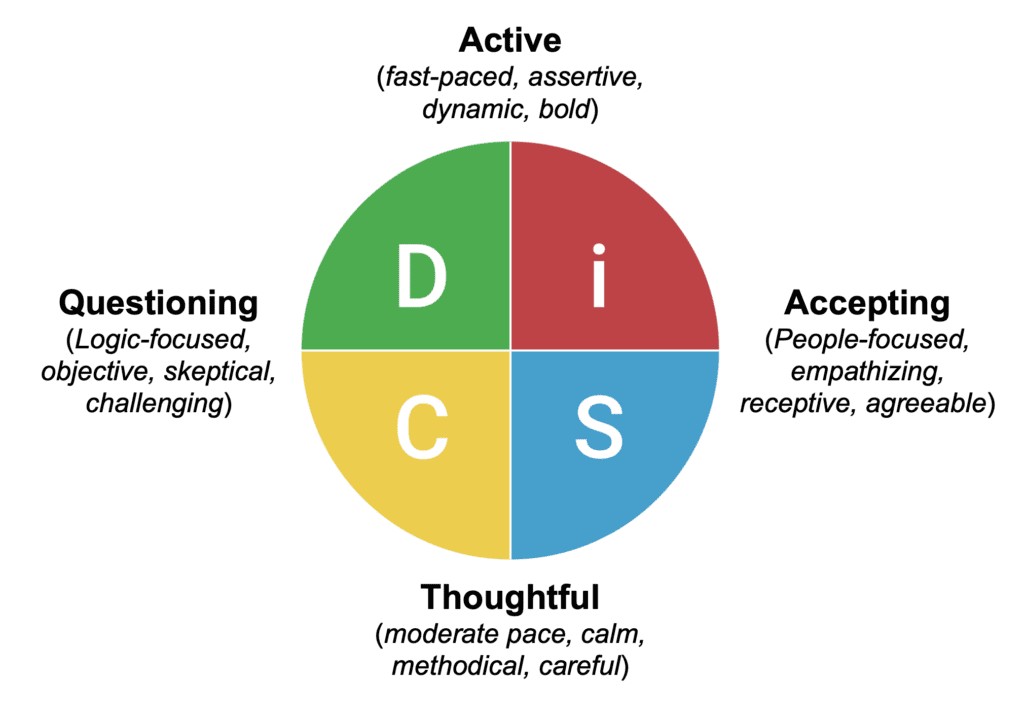
6. Understand Fee Structures
- Discuss Fees: Inquire about potential costs during your initial consultation. Law firms may charge hourly rates, flat fees, or contingencies based on the case type.
- Get Written Estimates: Request a written fee agreement that outlines all costs involved to avoid any misunderstandings later. Transparency in pricing is crucial for maintaining a trusting relationship.
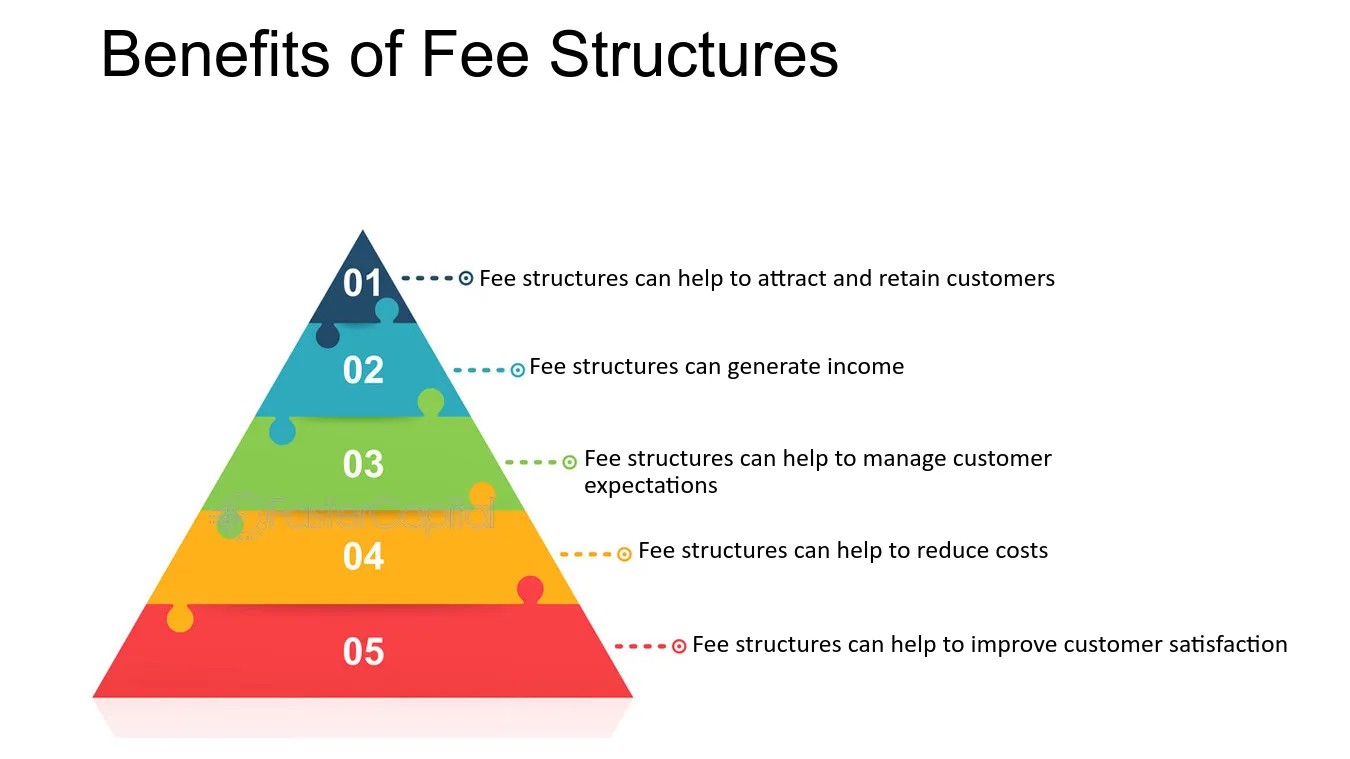
7. Assess the Firm’s Resources
- Support Staff and Technology: A well-equipped firm often has a team of support staff and technology that can assist with research and case management. Larger firms may have more resources to handle complex cases effectively.
- Network and Reach: Consider whether the firm has a network of experts (e.g., financial advisors, private investigators) that can supplement your case, especially in intricate legal scenarios.

8. Trust Your Instincts
- Comfort Level: Trust your instincts regarding the firm and the attorney handling your case. Since legal matters can be highly personal, feeling comfortable and confident in your chosen representative is crucial for a successful partnership.
- Long-term Relationship: If your legal needs may evolve, consider choosing a firm you can develop a long-term relationship with for future legal assistance.
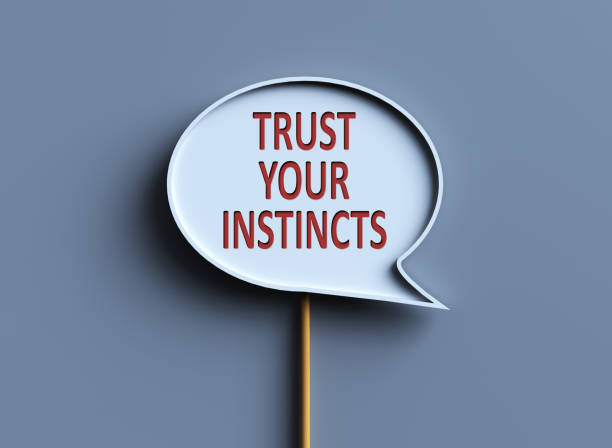
Conclusion
Selecting the right law firm in Vietnam is a vital step in ensuring that your legal needs are adequately addressed. By following these steps—assessing your needs, researching firms, evaluating expertise, and trusting your instincts—you can make an informed decision that will support your interests and lead to favorable legal outcomes. Remember that the right legal partner will not only provide expert assistance but will also be a source of guidance and support through your legal journey.
